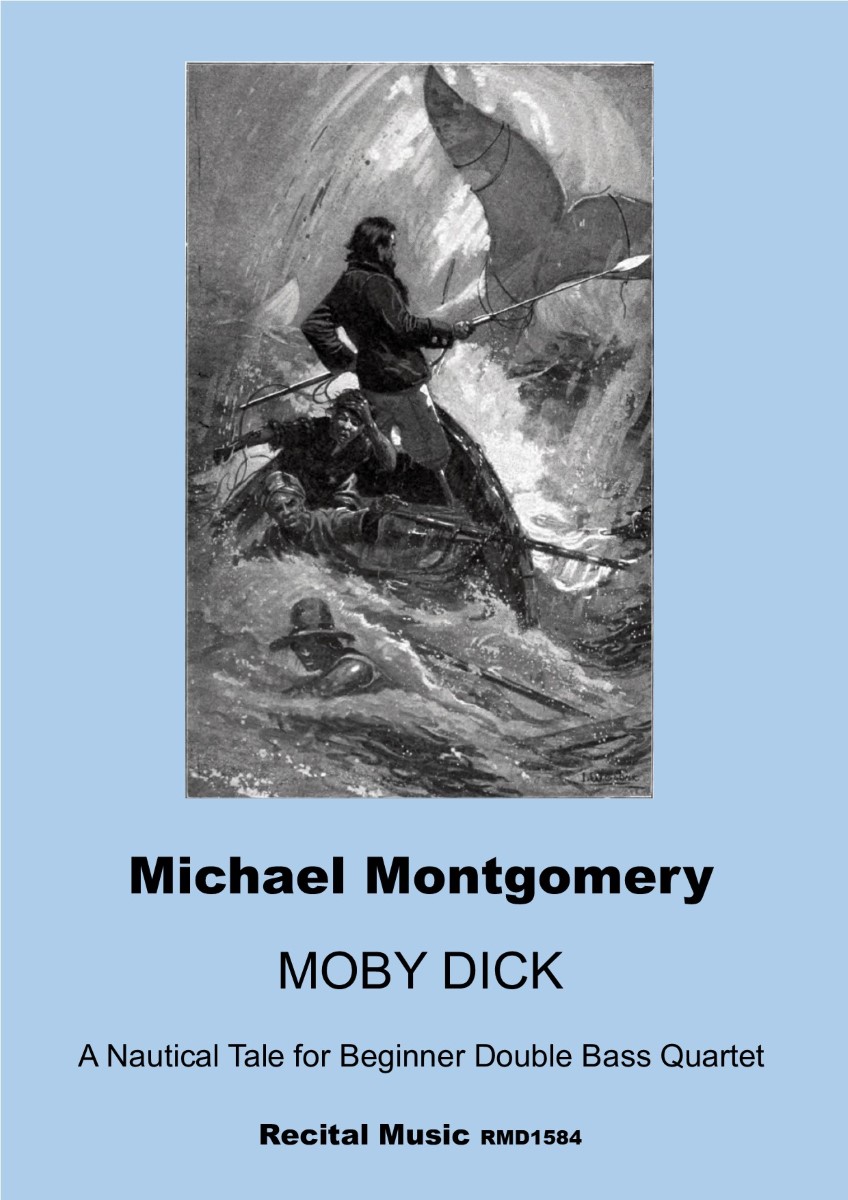Moby Dick
A Nautical Tale for Beginner Double Bass Quartet

Composer: Montgomery, Michael
Instrumentation: 4 Double Basses
Publisher Recital Music
Moby Dick features five short and colourful quartets for the beginner bass quartet. In 1st position throughout, apart from a few easy harmonics in 4th…
Page ? of ?
Digital Download – PDF
Shipping costs: No shipping
R.R.P £7.50
Our Price: £6.38




